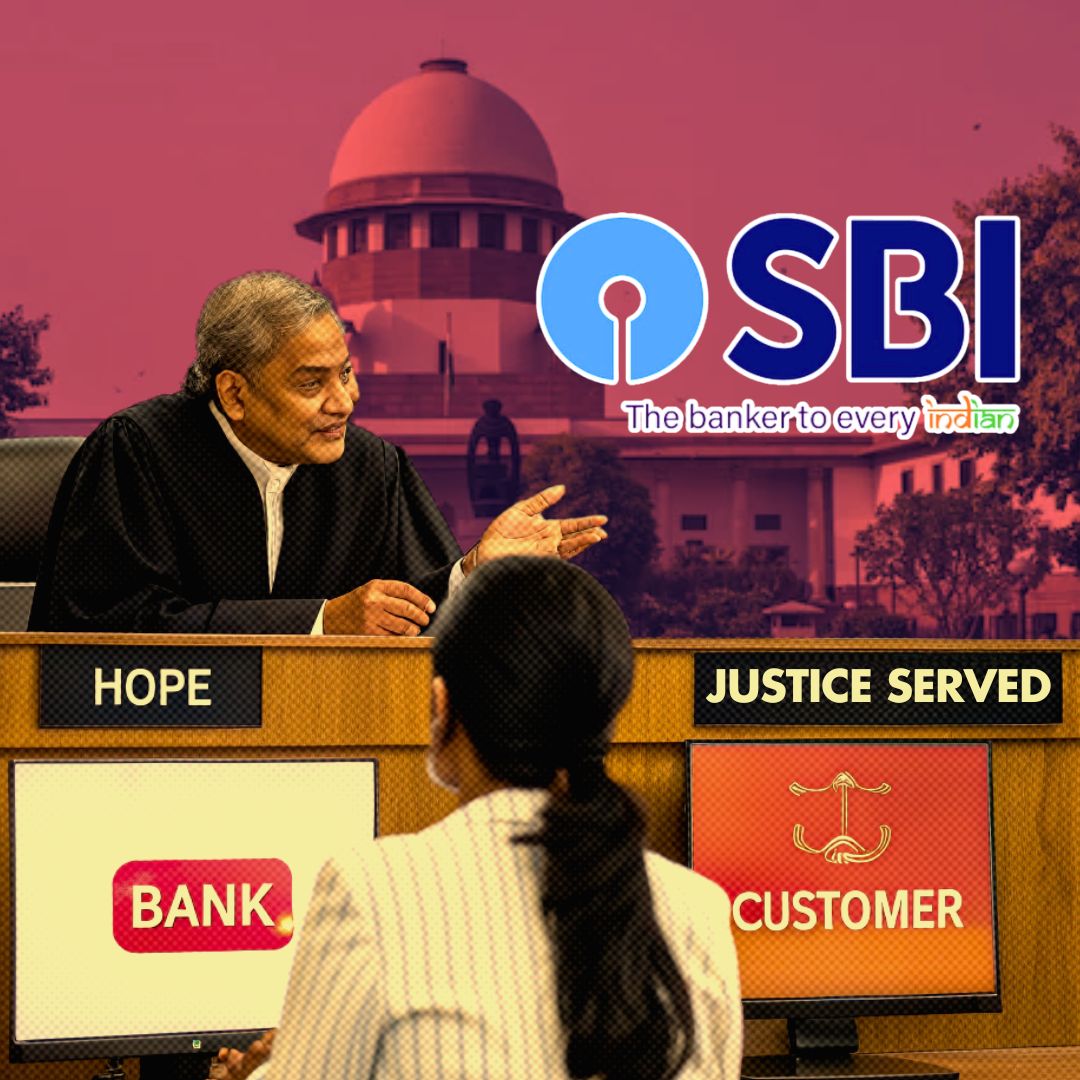In a landmark ruling, the Supreme Court of India has ordered the State Bank of India (SBI) to refund ₹94,204.80 to a customer who was defrauded in an online scam. The court upheld a previous decision by the Gauhati High Court, emphasizing the bank’s obligation to protect its customers from cyber fraud. The case involved Pallabh Bhowmick, who was tricked into sharing sensitive information with a fraudster posing as customer service while attempting to return an online purchase. The court underscored SBI’s failure to employ its technological resources effectively to prevent such fraudulent activities.
Court Upholds Customer Rights
On January 6, 2025, the Supreme Court dismissed SBI’s appeal against a ruling by the Gauhati High Court that required the bank to refund the full amount lost by Bhowmick due to unauthorized transactions. The bench, comprising Justice JB Pardiwala and Justice R Mahadevan, stated that all transactions linked to Bhowmick’s account were fraudulent and unauthorized. “We see no good reason to disturb the impugned order passed by the High Court,” they remarked, reinforcing the notion that banks must take proactive measures to protect their customers from cyber threats. This ruling marks a significant step in holding financial institutions accountable for their role in safeguarding customer information and funds.
Background of the Fraud Case
The incident that led to this ruling unfolded when Bhowmick sought assistance for returning an item he had purchased online. He received a phone call from someone allegedly impersonating customer service, who convinced him that they needed his cooperation to process the return. Following the caller’s instructions, Bhowmick downloaded a mobile application that granted access to his bank account. Within hours, he discovered unauthorized transactions draining his account.
Despite reporting the issue promptly—within 24 hours—SBI initially denied any responsibility, arguing that Bhowmick had allegedly shared his One-Time Password (OTP) and M-PIN with the fraudster. However, both the Single Bench and Division Bench of the Gauhati High Court ruled in favour of Bhowmick, citing Reserve Bank of India guidelines that stipulate zero liability for customers in cases of unauthorized transactions resulting from third-party breaches.
The Logical Indian’s Perspective
This ruling is not just a victory for Pallabh Bhowmick but also a crucial reminder of the responsibilities financial institutions hold towards their customers in an increasingly digital world. As cyber fraud incidents continue to escalate, it is imperative for banks like SBI to enhance their security protocols and ensure robust measures are in place to protect clients from such scams.
This case highlights the urgent need for both consumer vigilance and institutional accountability in safeguarding financial transactions. Furthermore, it raises important questions about how banks can better educate their customers about potential scams and promote safer online practices. How can we foster a safer online environment for everyone?
We invite our readers to share their thoughts and experiences regarding cyber security in banking and discuss how we can collectively work towards enhancing safety in digital transactions.












